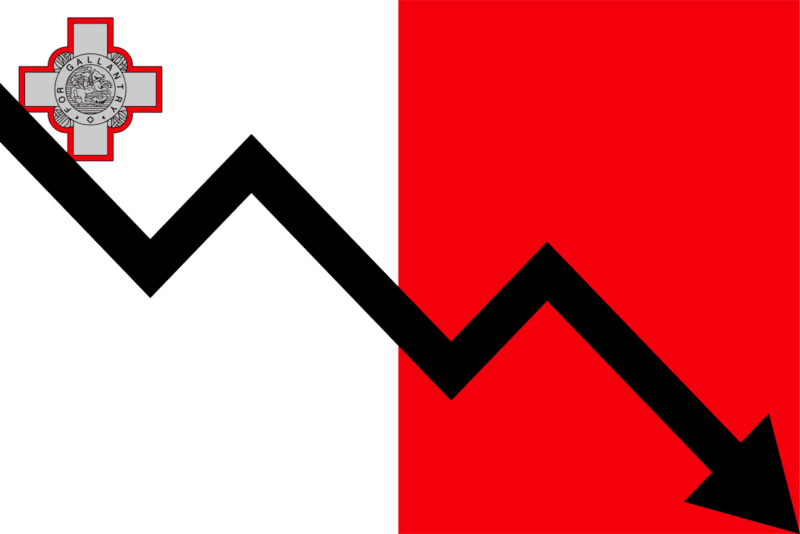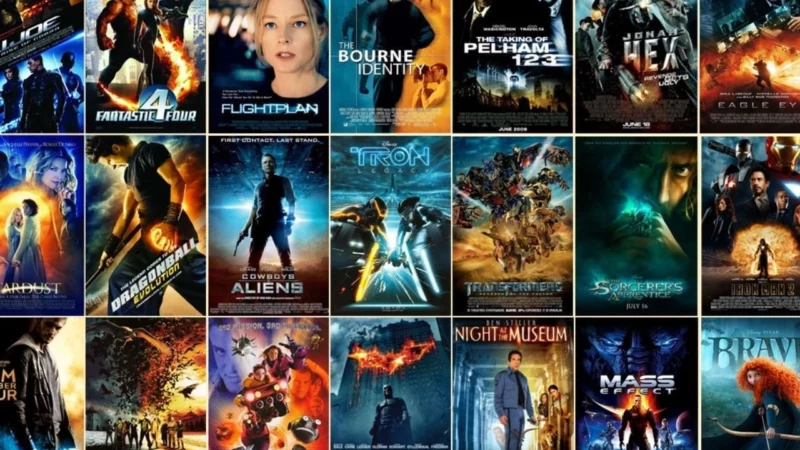
One of the most important journeys we need to embark on throughout our lives is the journey of self-discovery.
I truly believe that many people make big mistakes in their lives due to not having dedicated enough time to themselves and really understanding what makes them tick and what they need to be happy.
Enter Personality Tests
One of the best bang-for-your-buck investments in learning about yourself is to take personality tests. There are many free or cheap ones available online and they can bring out amazingly accurate descriptions of you and your skills.
Tip: Always show the results to someone who knows you well and ask them whether they feel it’s an accurate reflection of your personality. Sometimes we are completely blind to elements of our personality that are very obvious to others who are close to us.
My Results
Here are the tests I’ve tried out and the results.
My 5 major strengths according to the Strengths Finder test:
- Focus
- Futuristic
- Restorative
- Discipline
- Significance
My dominant tendency according to the Grethen Rubin Four Tendencies test: Questioner.
Another popular psychological test is the Myers-Briggs test. My result is INTJ, which stands for Introvert, iNtuitive, Thinking, Judging.
According to the Enneagram test I’m an Achiever.
According to 16Personalities, I am now classified as INTP-T (Logician), whereas a few years ago I had been classified as an ENTJ-T (Commander).
Another psychological test you might want to check out is the Big Five Traits test.
How Have Personality Tests Helped Me?
I have used personality tests in multiple ways.
Understanding Myself
Together with other self-discovery practices, like retreats and working with a psychotherapist, personality tests have helped me unearth my internal programming and understand what drives me. This has really helped me to understand what my close circle of friends should look like, as well as what I need to be doing on a daily basis to feel fulfilled.
There were also some behaviors that I saw in a negative light, but within the context of the results of the personality tests, I discovered they are actually strengths that I should potentialize rather than try to suppress, whether consciously or unconsciously.
Lessening Conflict within the Family
Unlike our spouses and close friends, we don’t get to choose our family members, and while typically we feel somewhat similar to our parents and siblings due to genetics and upbringing, there can also be some glaring differences between us.
Within my family, they have helped bring more understanding to certain behaviors that caused clashes between members. They have allowed us to know that there is no malicious intent when someone speaks or acts in a certain manner, but it’s simply a result of how they are internally wired.
On the other hand, once you understand why a certain behavior can be annoying to someone who is wired differently, you can adapt and be better equipped to avoid conflict.
Hiring People
I like to hire people primarily based on their character and not their skill set. I find it extremely hard to work with people who don’t share the same core values as me. Personality tests help achieve an initial understanding of candidates from a mindset perspective and help discover what their aptitudes might be.
Have personality tests helped you? Do you know of any other good tests? Let me know in the comments section below.




